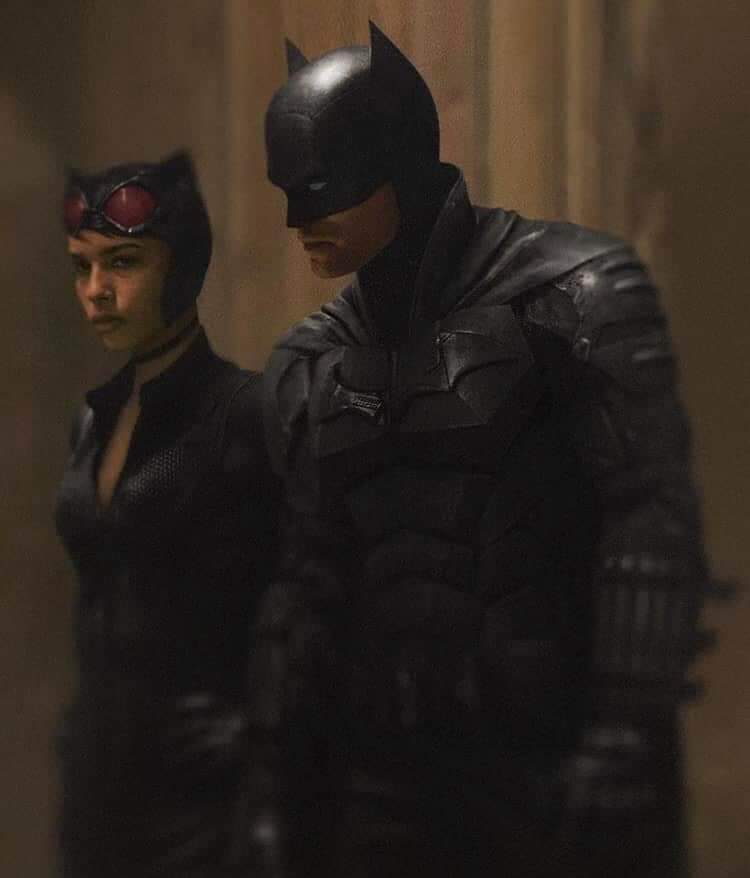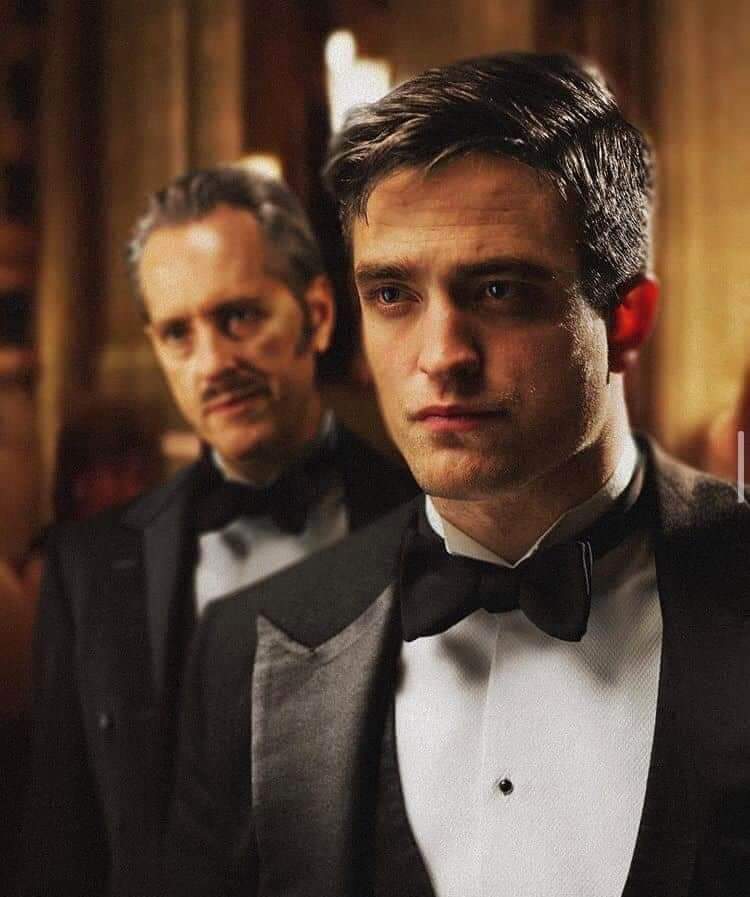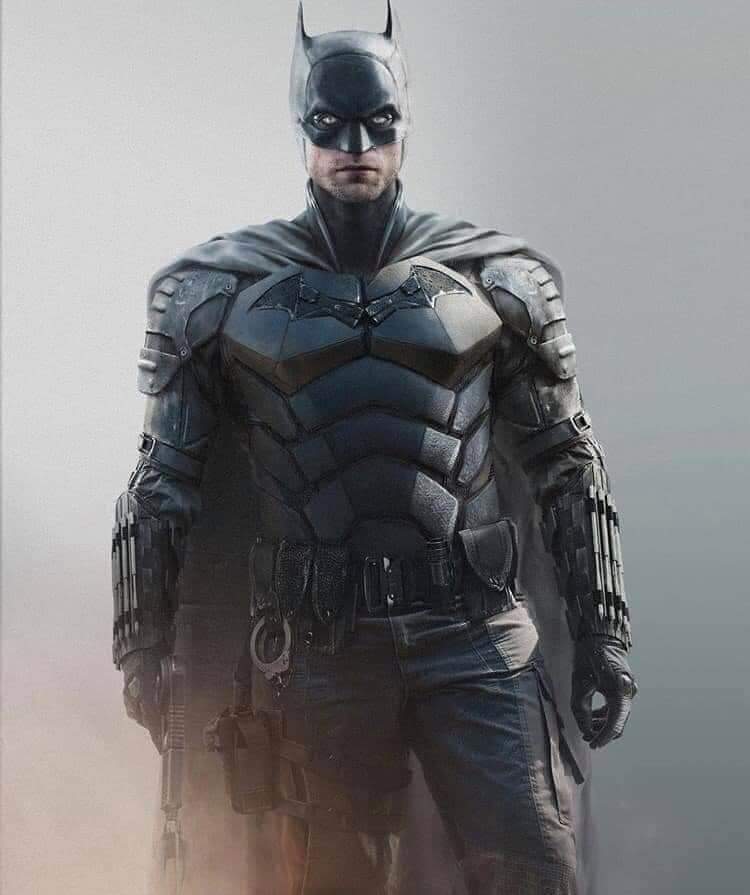Reeves Talks A More Psychological “Batman”
“It’s not even like that’s an approach that I take, like it’s some kind of idea of, ‘Wouldn’t it be great?’ It’s sort of the only thing that allows me to understand how to do it. I can only understand where the camera goes and how to talk about the story, how to write the story, how to talk to the actors, if I understand emotionally what it is I have to do. Otherwise I’d be lost.
I wanted to do not an origin tale, but a tale that would still acknowledge his origins, in that it formed who he is. Like this guy, he’s majorly struggling, and this is how he’s trying to rise above that struggle. But that doesn’t mean that he even fully understands, you know. It’s that whole idea of the shadow self and what’s driving you, and how much of that you can incorporate, and how much of it you’re doing that you’re unaware of.
There’s something in there that feels very psychological, very emotional, and it felt like there was a way of exploring that along with the corruption in this place, Gotham. That feels very current. I think it always does. There’s almost no time when you can’t do a story about corruption. But today, it still seems incredibly resonant and maybe, from my perspective, maybe more so than maybe at other time.
I just felt like well, what I’d love to do is to get a version of this Batman character where he’s not yet fully formed. Where there’s something to do in this context with who that guy would be in this world today, and to ground him in all of these broken ways. Because at the end of the day, this guy is doing all of this to deal with trauma in his past.”






